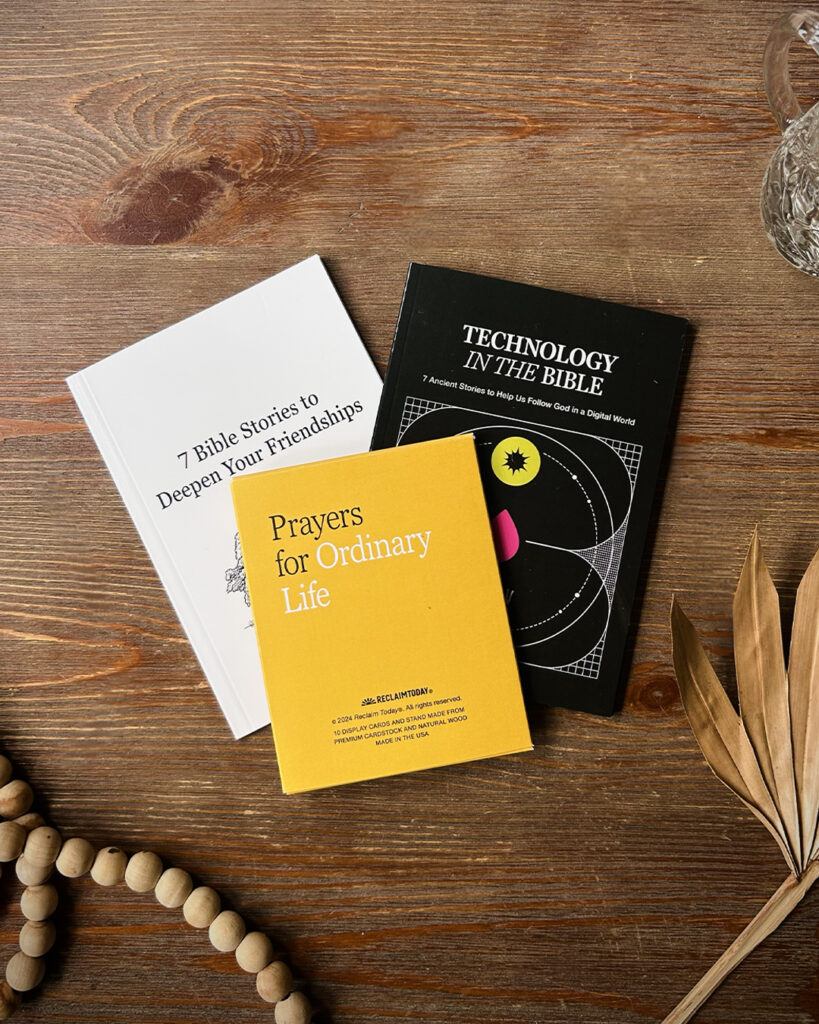Sometimes I think I’m more existential than a 26-year-old should be. I think about death and existence a lot— like, even before the Barbie movie came out, a lot. Not necessarily in a depressed way either, but in a realistic way. I haven’t always been like this. I used to proudly describe myself as a glass-half-full sort of gal, you know— an optimist. I guess I still am an optimist, but my optimism is now seen through a lens of realism.
I’ve been a realist for about a year and a half– basically since the death of my good friend, Chris. My husband’s best friend.
A quick Google search can tell you the Cambridge Dictionary’s definition of realism: “A way of thinking and acting based on acts and what is possible, rather than on hopes for things that are unlikely to happen.” Realism is concrete and factual. There’s a sense of certainty, and perhaps even comfort, with it.
Chris died on May 12, 2022. One day he was alive and well; to be specific, one Saturday he was fixing my car’s brakes, and we (he, my husband, and I) made plans to have a game night the following week, like normal. But then, on an otherwise typical Thursday morning, Chris was commuting to work on his motorcycle when he was struck by a car. A few hours later, he died in his hospital bed. We got a text message (and then a phone call) telling us so. We buried him the next week. We never got to say “goodbye”; it was as if he vanished off the face of the earth. We had to somehow move on and accept our new reality of life without Chris.
Our friend was supposed to have another 50-or-so years on this earth. He was supposed to be Uncle Chris to our kids. My husband was supposed to be the best man at his future wedding. He wasn’t supposed to die at 28.
The grieving process was grueling. I started to wonder things like: When will I die? Will I be 28 or 80? Do I have enough friends? Do I have the right friends? Will I ever have my dream job? Am I enjoying life? What was I put here to do? Am I living a purposeful life?
I would spiral.
Losing my friend has changed the way I see the world— for worse and for better. But I think I would still be asking these existential questions even if Chris never died. His death just happened to be the catalyst to becoming a realist.
I imagine many of us become realists at some point during our twenties. This stage of life is often the first time most of us are forced to face big realities, although some are unfortunately forced to grow up much earlier. In your twenties, you might get your dream job, or you might not. Perhaps you get married, or you still search for “the one.” You make friends, you lose friends. You may experience miraculous moments, and you may experience heavy losses. And it forms the early years of your adulthood, as you start to see the world as it is.
This isn’t a new concept. It’s like the writer of Ecclesiastes says: “There is a time for everything, and a season for every activity under the heavens: a time to be born and a time to die… a time to weep and a time to laugh, a time to mourn and a time to dance… a time to love and a time to hate, a time for war and a time for peace” (3:1-8). There’s a time for the good, the bad, and everything in between— it’s just the reality of life. And it’s hard to start facing these things as an adult.
And in this, I think many of us struggling with existential crises feel too afraid to share our troubles. Maybe it’s because we so desperately want to showcase the dreamy, and perhaps manufactured, light-hearted moments of life that seem to be the primary images showing up on our screens. Or maybe we simply don’t want to admit to our existential crises because then we have to admit that they’re real.
My reality is that I had to bury my friend. And I’ve struggled with why God has put me here. I’ve grappled with my purpose, place, and being. But I’ve also learned there is a beautiful tension in holding onto the sadness and sorrow that is now, and simultaneously, holding onto the hope of what is to come. The world wasn’t created to be like this, we were made for more.
That’s exactly why Jesus entered the realities of our world: to invite us into life with him. He knows our sorrows, tragedies, and pain because he felt that himself (Hebrews 4:15). But he also knew what life to the fullest was like. He came to dwell among us, heal us, cleanse us, and welcome us into an everlasting life with him. This is why he was able to say with true confidence: “Truly, truly, I say to you, you will weep and lament, but the world will rejoice. You will be sorrowful, but your sorrow will turn into joy” (John 16:20).
I can be a realist because I know our current sadness, trials, and grievances are not the end. They are temporary. They cause us to seek one another, and together, we can cling to the One who knows us, loves us, heals us, and offers us the fullest life in him.
In this, my existential crises have ultimately caused me to look upwards and truly make my faith my own. And they’ve caused me to seek a wonderful community, my church home, that continually reminds me of my purpose and place as a child of God.
So, let’s live in reality together because we’re all going through something. And together, we can “take heart, for [he] has overcome the world” (John 16:33b).


